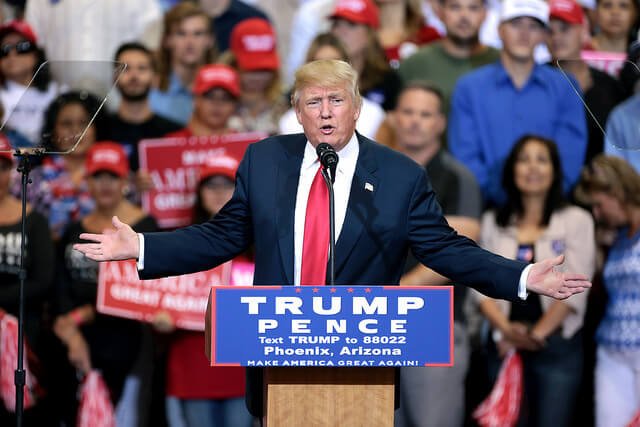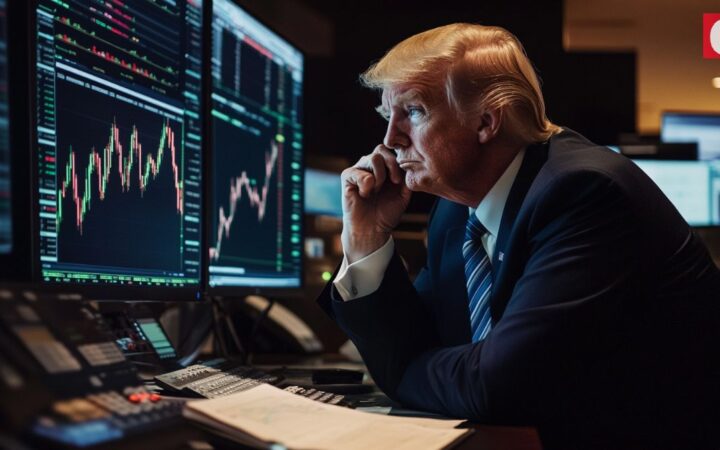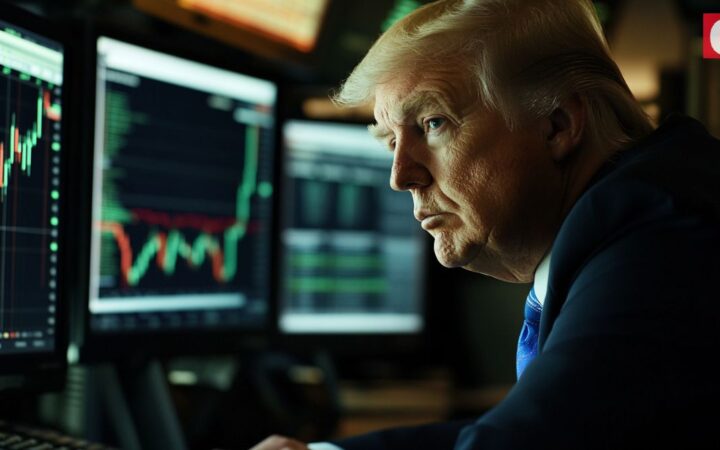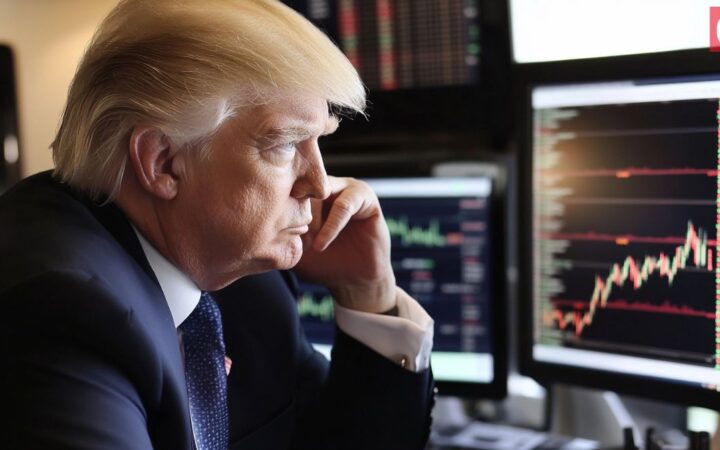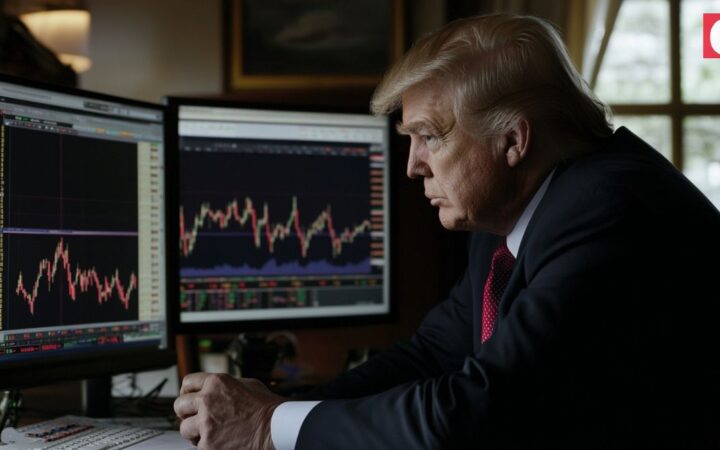Taking strong interest in blockchain, cryptocurrencies, and IoT, Tatsiana Yablonskaya got deep understanding of the emerging techs believing in their potential to drive the future.
The whole world seems to start settling down after the shocking surprise of a Donald Trump Presidency. The question that is worrying most people now is will Donald trump be able to fix the many issues that challenge the nation? The list of burning questions is rather long – from Isis to Putin, to ObamaCare to trade, immigration and on and on.
Talking about economics, Trump promised 25 million new jobs – an admirable objective. The next American president advocated on behalf of a pro-growth tax plan, reducing corporate taxes, and a “new modern regulatory framework”.
He stated: “Every year, over-regulation costs our economy $2 trillion dollars a year and reduces household wealth by almost $15,000 dollars…The U.S. economy today is twenty-five percent smaller than it would have been without the surge of regulations since 1980.”
It is interesting how virtual currencies reacted on the result of elections. Bitcoin price rose as the new president was announced. There had been some speculations in bitcoin society that the victory of Donald Trump can result in the growing bitcoin price. The expectation was based on the recent British experience when the decision of the United Kingdom to leave the European Union pushed the price of bitcoin to a hundred-dollar climb in a single trading session.
Experts evaluated that the victories of Donald Trump or Hilary Clinton were to have different impact on the bitcoin. The market of virtual currencies was not expected to transform considerably in case of Hillary Clinton’s victory while Trump could provide on the currency table a marked contrast depending on the impact his presidency will have on the investors all over the world.
BusinessInsider enumerates primary ideas how the Trump presidency can influence the US fintech industry:
- Fintech investment will likely slow. Experts suppose that the USA can follow the way the UK is going after Brexit, at least in the near future. They explain the possible reduction of investment with economic uncertainty that makes investors cautious. Trump has proposed an economic plan that includes widespread changes that would take time to implement, and the direct and indirect impacts of the plan aren’t immediately clear.
- Less chance of fintech-specific regulation. Presenting his economic plan, Trump repeatedly called for the scaling back or repeal of Dodd-Frank, and suggested abolishing the Consumer Finance Protection Bureau (CFPB), the most fintech-friendly of the US agencies. He stated: “I will issue a temporary moratorium on new agency regulations.” The decision can mean a significant blow for fintechs, which have been calling for fintech-specific regulation in order to simplify their paths to compliance and stimulate further growth.
- Restricted access to labor. One of the most hotly debated promises of Trump is his intention to significantly reduce immigration to the USA. This can have negative impact on the US startup scene, including fintech, which sources a large volume of its skilled workers and entrepreneurs from outside the country. It is interesting that the National Foundation for American Policy unveils that 51% of US unicorns, or startups valued at over $1 billion, including fintechs Stripe and Oscar, were founded by immigrants
No matter how the situation will develop under President Trump, it is hard to deny that the world has still entered the most profound era of change for financial services companies since the 1970s brought us index mutual funds, discount brokers and ATMs.
